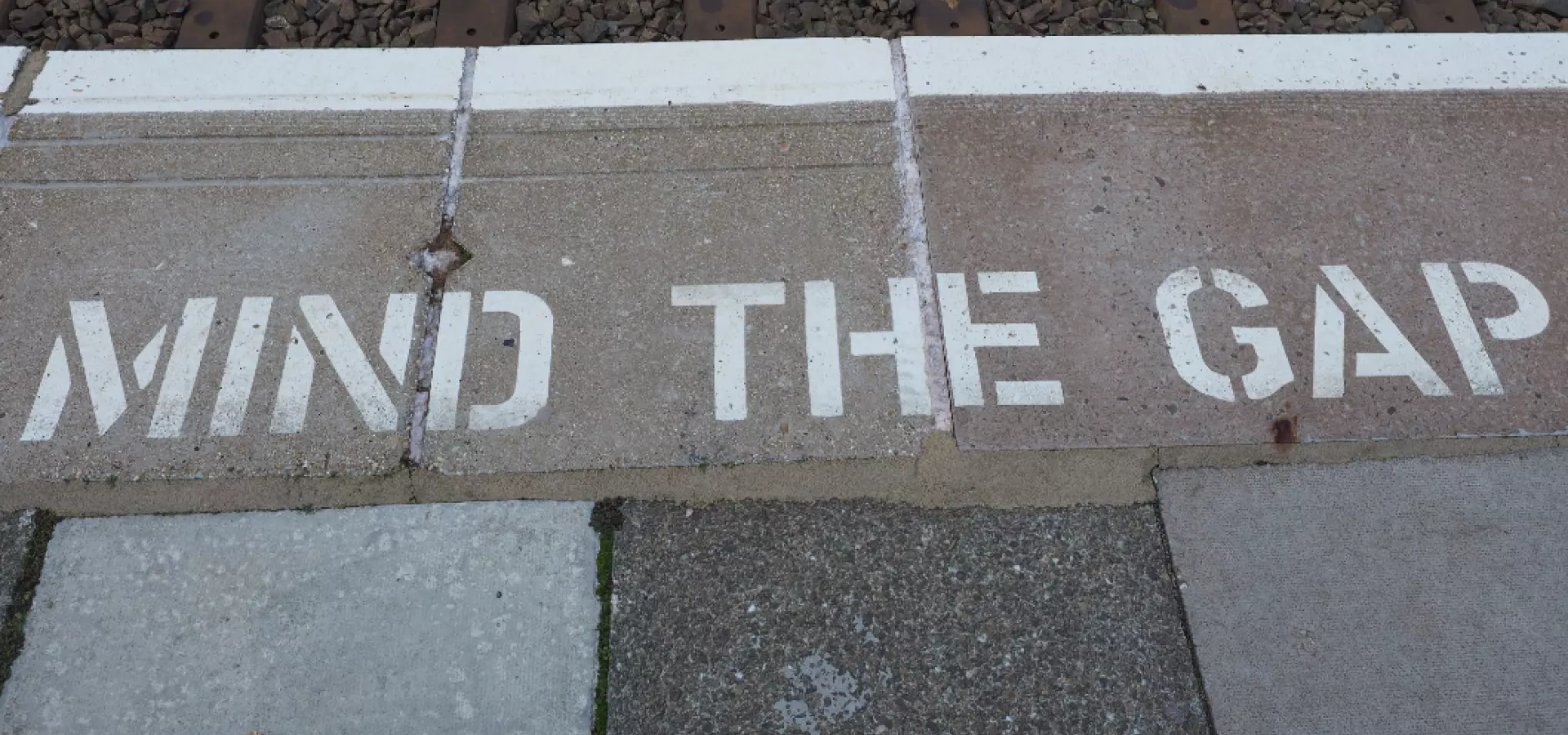
Black health in Scotland: time to close the gap
Following on from our previous Black History Month blog looking at the contributions of Black communities to public health history in Glasgow, this blog looks at the present – exploring public health issues and inequalities faced by Black communities in Scotland today, and what can be done to close the gap.
In describing the experiences of Black communities, in relation to health, it’s important to note that these issues are not caused by ethnicity, but by systemic barriers and racism embedded into society that create unequal access to care and opportunities.
A changing demographic, a persistent inequality
The 2022 Scottish Census shows a growing and diverse population, with Glasgow City now home to nearly 120,000 people from non-White ethnic groups (19.3% of the population), with over 20,000 of those (3.2%), identifying as African or Caribbean/Black[1].

Yet, despite this diversity, Black communities continue to face disproportionate challenges compared to the white population and other racially minoritised communities. In the UK, for every £1 of White British wealth, Indian households have 90-95p, Pakistani households 50p, Black Caribbean 20p, and Black African and Bangladeshi households have 10p. This disparity in wealth can create a ‘cycle of poverty’, which is a self-perpetuating state where wealth remains low across generations due to lack of access to employment opportunities, education, housing and wellbeing.
For example, this translates to African and Caribbean/Black groups being more likely to live in Scotland’s most deprived areas than other minority groups. An analysis from the Coalition of Racial Equality and Rights (CRER) found that African communities are over three times more likely to live in the most-deprived decile than White Scottish/British people. Additionally, the relative risk of statutory homelessness for Black communities in Scotland increased from 1.65 in 2011 to 2.37 in 2023, while for white ethnic groups it slightly decreased from 0.99 to 0.92. This means that in 2023, Black individuals were approximately 2.6 times more likely to experience statutory homelessness than white individuals – up from 1.7 times more likely in 2011.
Health outcomes
African and Caribbean communities also face significant inequalities in health. African men in Scotland are more than twice as likely to be diagnosed with HIV at late-stage, which can delay treatment and worsen outcomes. Mental health disparities are also evident – African women face higher risks of psychiatric hospitalisation, and Black communities are more likely to be detained under emergency mental health legislation, often without consent from a Mental Health Officer. There’s also a concerning pattern in how risk is perceived. Black women are more likely to be seen as a risk to “self and others” compared to White Scottish women, raising questions about racial bias in clinical decision-making.
Interestingly, rates of psychotic disorders, such as schizophrenia, are diagnosed at a higher rate for people of Caribbean or African heritage in the UK. By contrast, this pattern does not exist in Caribbean countries, suggesting the increased risk is context dependent and influenced by the adverse social conditions many Black people in the UK face.

When it comes to maternal health, the picture is even more alarming. Black women and birthing people in the UK are almost four times more likely to die during pregnancy than their white counterparts – even after adjusting for socioeconomic factors. These outcomes point to systemic issues in how care is accessed, delivered, and experienced.
Barriers to opportunity
Outside of health, Black communities also face barriers in education and employment that reinforce cycles of disadvantage. African groups are overrepresented in low-pay sectors and underrepresented in Scotland’s public sector workforce – just 2.8% of employees identify as Black or minority ethnic, despite making up 5.8% of the working-age population.

In schools, Black pupils – especially boys – are more likely to be excluded or misidentified as disruptive rather than supported for potential special educational needs. While attendance rates are high among Black pupils, the degree awarding gap remains stark: Black students in Scotland were 24.9% less likely to receive top degrees compared to their white peers in 2020/21.
Closing the gap
Racialised health inequalities are deeply entrenched into our systems and therefore require sustained, intensive solutions which create long-lasting change. We see commitments to this beginning to firm up across health and social care with all NHS Scotland Health Boards now required to have an anti-racism action plan, which provide a step in the right direction. NHS Greater Glasgow and Clyde, for example, is committed to equality-focussed service delivery and engagement with communities with relevant lived experience in its action plan. The Scottish Government has also published a Race Equality Framework 2016-2030, which envisions a country where “opportunities, wealth and power are spread more equally.”
If we want to build a fairer, healthier Scotland for all, we must embed anti-racist approaches into every level of our work. So, what can public health practitioners do?
CRER’s 2026 Manifesto for an Anti-Racist Scotland lays out clear priorities which provide a helpful starting point for policy and service reform. These will be explored in our next blog from Lucien Staddon Foster at CRER.
To make this vision a reality, we need collective action from individuals and teams across different sectors, and a commitment to accountability and listening to Black communities to co-produce solutions that work. This Black History Month, let’s move beyond recognition and toward transformation.
Resources
- UK Black Equity Organisation
- Monitoring racialised health inequalities in Scotland 30 May 2023
- Becoming anti-racist: the principles guiding Wellcome's journey
- GCPH Seminar Series 17: Lecture 2 - Prof David Williams
- Healthcare Improvement Scotland Anti Racism Plan April 2025
[1] NB: Many statistics only include African and Caribbean/Black ethnic categories therefore, Mixed-African/Caribbean/Black ethnicities may be excluded from totals when talking about ‘Black populations’.